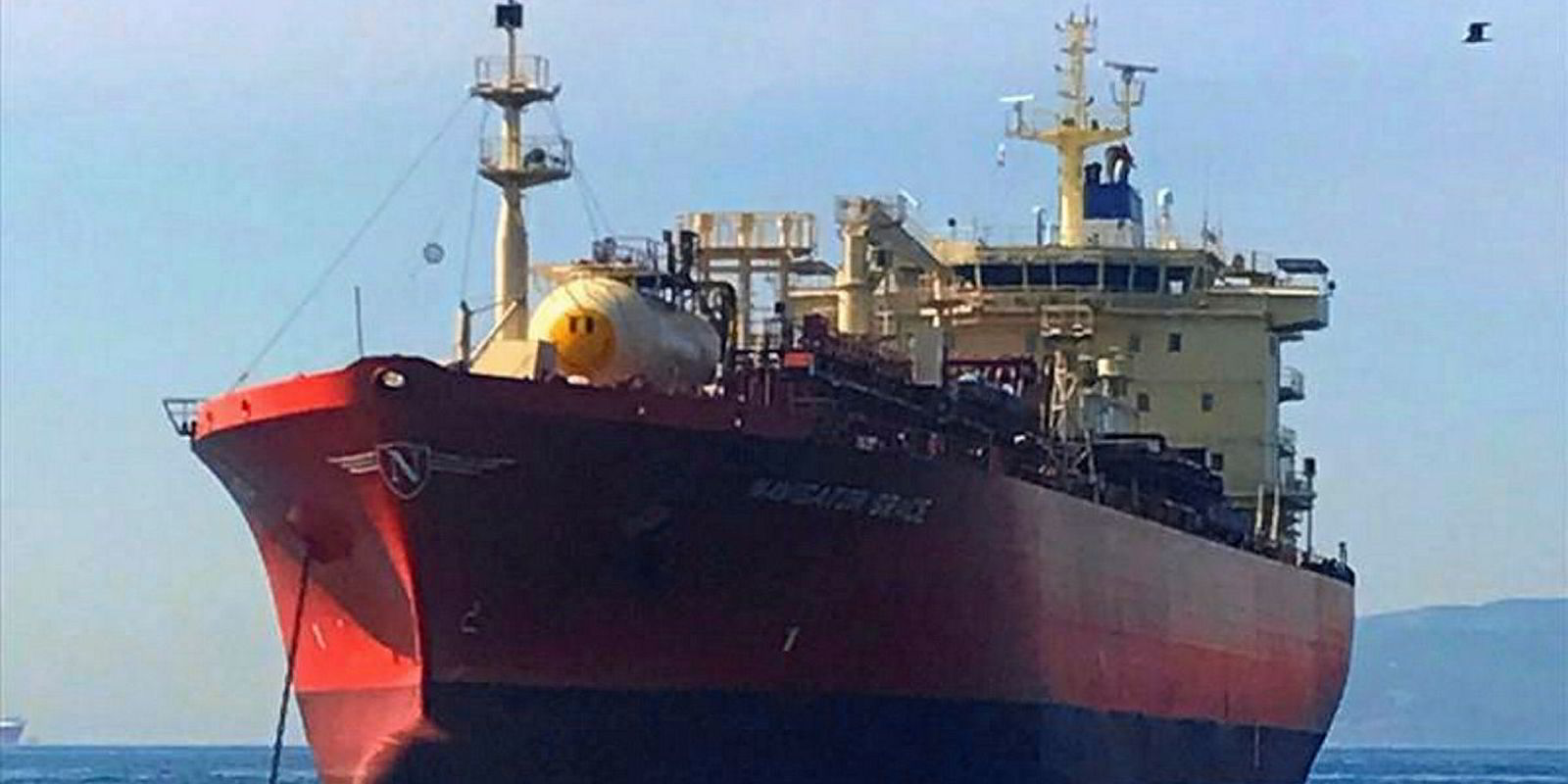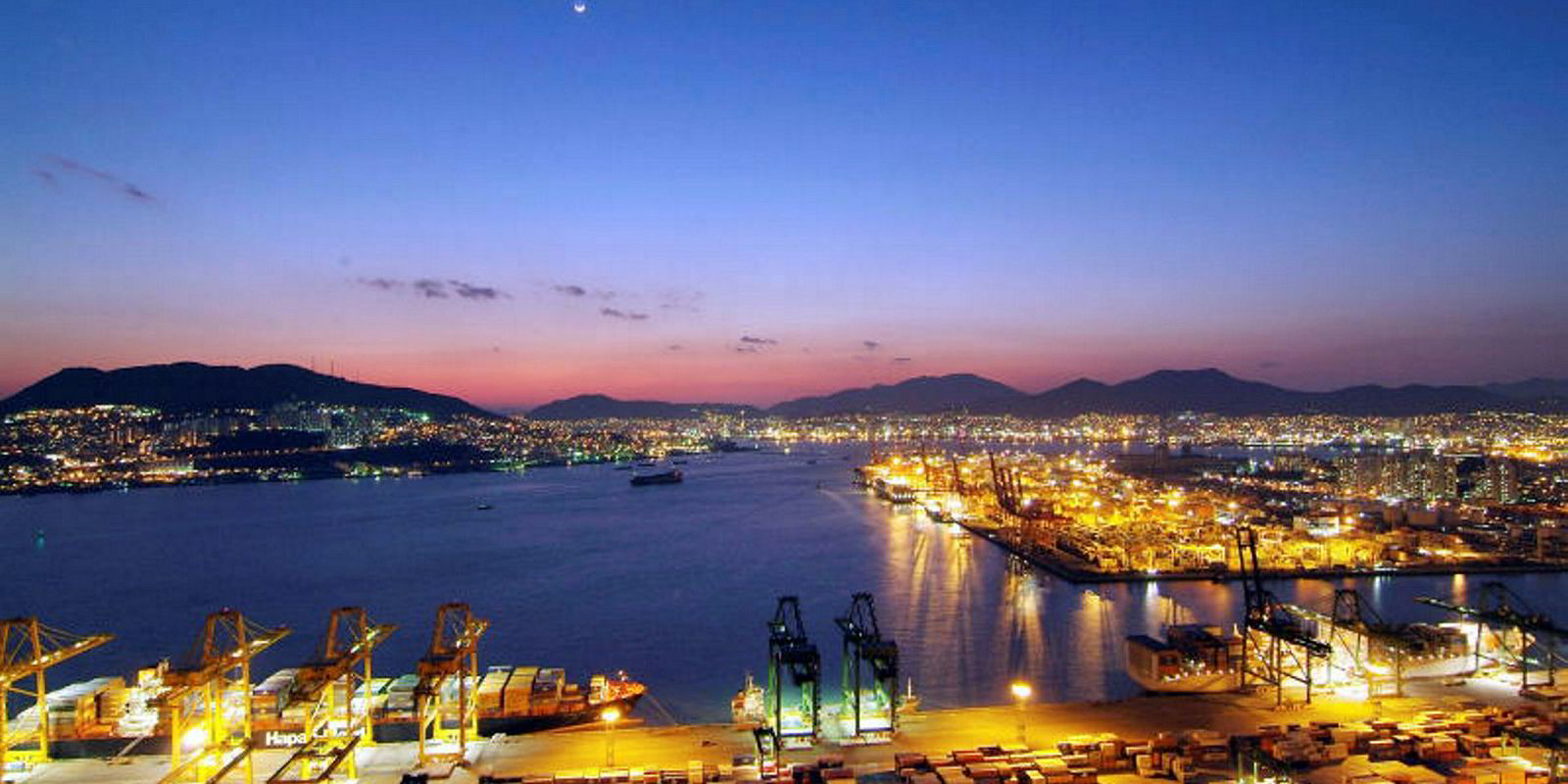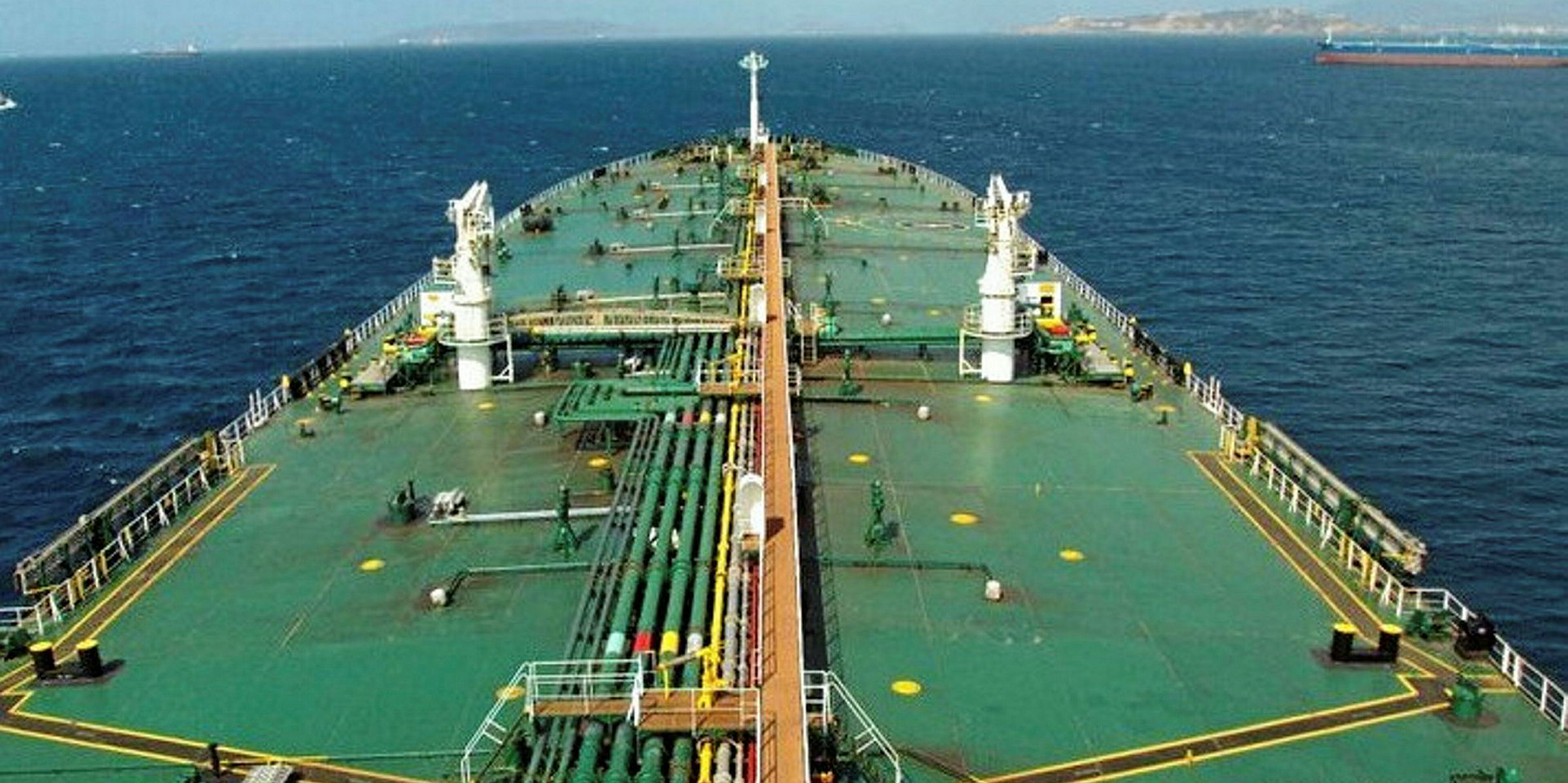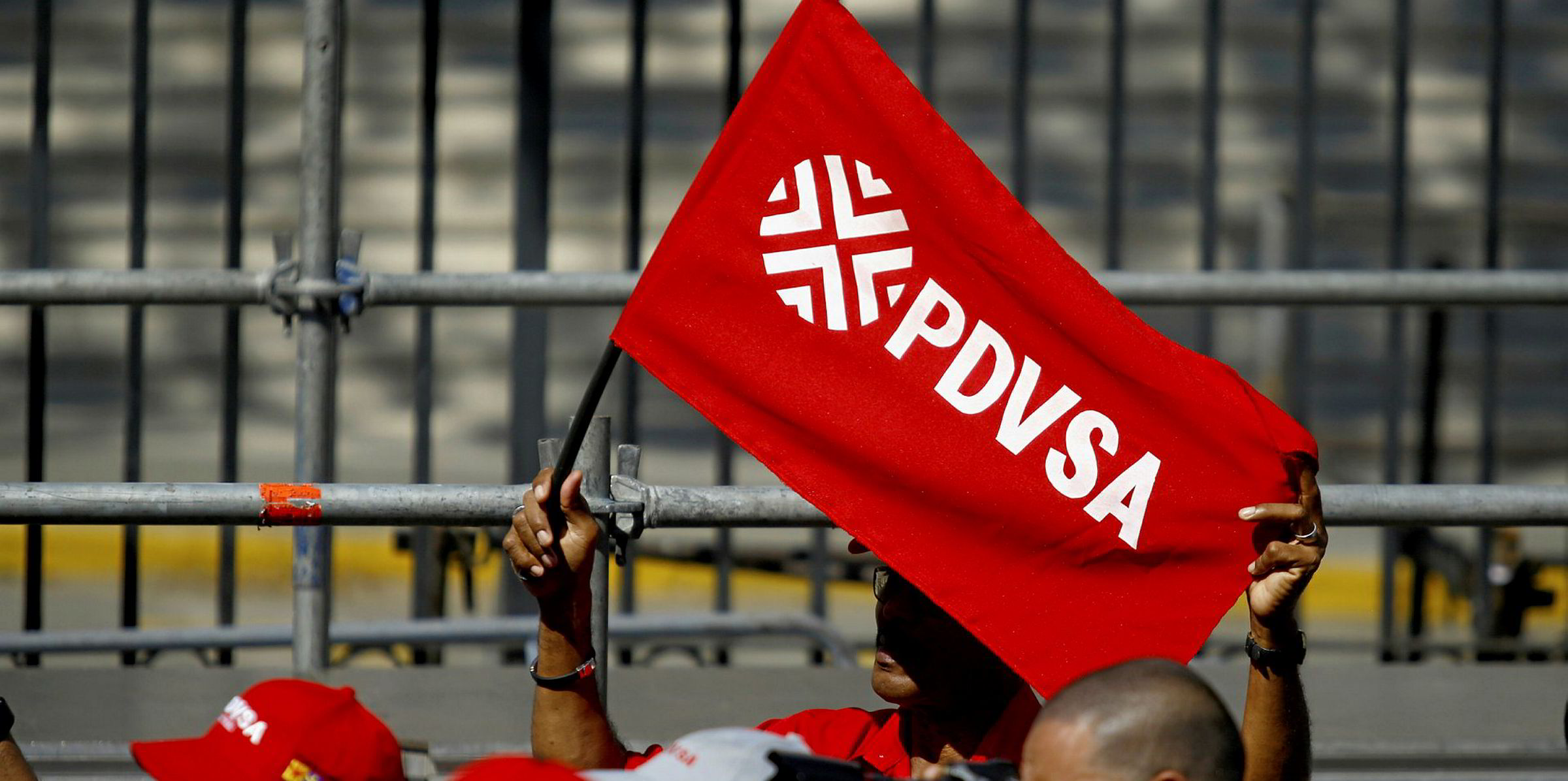Three Navigator Holdings-owned LPG carriers have been accused by the US government of working to get petroleum to Syria's Bashar al-Assad regime, circumventing both US and European Union sanctions.
Last week, the 22,600-cbm Navigator Grace (built 2010), the 22,000-cbm Navigator Pegasus (built 2009) and the 20,500-cbm Navigator Gemini (built 2009) were included in a US Treasury Department list of 33 vessels that performed ship to ship transfers to get the product to the war-torn country's ruling government.
The list, "non-exhaustive" according to the agency, was accompanied by a warning that the companies, shipowners, managers, operators, insurers and financiers involved could be targeted.
The department said some of the transfers involved Iranian oil and included a separate list of ships that delivered oil directly to Syria.
"The United States has made it clear to the maritime shipping community that we will not tolerate the use of petroleum as a mechanism to finance rogue regimes in Iran and Syria," US Under Secretary for Terrorism and Financial Intelligence Sigal Mandelker said in a statement.
"As Iran and Syria attempt to adapt their illicit tactics and shift to new vessels, we will continue to provide these updates to the shipping community."
Calls and emails to New York-traded, London-based Navigator Holdings and its chairman and chief executive David Butters were not returned. The US Treasury Department did not return requests for details on the three ships' alleged transfers.
Both the US and the EU have levied sanctions against Syria since the war between Assad, rebel forces and the so-called Islamic State began in early 2011, freezing the assets of the state and hundreds of individuals and businesses. The sanctions include an oil embargo.
Maritime security consultancy Gray Page has said the sanctions have all but cut off the supply of Iranian oil to the country.
But the Treasury Department's Office of Foreign Asset Control (OFAC) has said "deceptive shipping practices" like falsifying documentation, transferring cargo between ships at sea, changing the name of vessels and disabling automatic identification systems (AIS) help individuals get around the sanctions.
OFAC has argued ship registries, port operators and others should investigate ships that have turned off their AIS systems in the Mediterranean and, in the case of North Korean sanctions, have recommended marine insurers mandate the use of AIS at all times as a condition of coverage.
For US citizens or those in US jurisdictions, violating sanctions can result in civil or criminal penalties.
"The United States is committed to disrupting illicit financial and other support to the Government of Syria, to include transporting petroleum to its state-owned and -operated ports, regardless of the location or nationality of those facilitating such support," an advisory from OFAC read.






